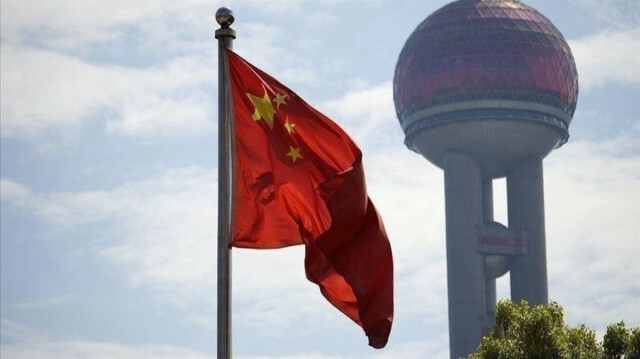
Beijing says law reflects ‘hope for peace,’ but according to observer it targets 'Western camp'
China’s first law on foreign relations, which it calls is for "world peace," has come into effect after approval by the 14th National People’s Congress (NPC), but an observer said it is meant to target the "Western camp."
Hua Chunying, China’s deputy foreign minister, said the Law on Foreign Relations of the People’s Republic of China is “the first basic law that fully outlines China’s major policies, principles and positions, and systems and structures concerning China’s interaction with the world.”
The law, which came into force on July 1 after the NPC adopted it on June 28, “provides the overall rules and regulations on China’s foreign relations,” she said.
“This legislation embodies the goal of China’s foreign policy which is to safeguard world peace and promote common development.
“It reflects China’s strong hope for peace, development and win-win cooperation,” said Hua.
Chienyu Shih, research fellow at the Taiwan Institute of National Defense and Security Research, told Anadolu that the newly-adopted law “in particular is an attempt at a kind of hostage diplomacy, warning foreign regimes in advance that China will retaliate.”
“Of course, the foreign relations law is now targeting the so-called ‘hegemony’ and ‘unilateralism’, i.e., the Western camp (especially the United States) in Beijing’s eyes,” Chienyu explained.
He noted that the foreign relations law was “to deter other countries from pursuing unfriendly policies towards China.”
“In the long run, China hopes to defend its own economic/trade interests through those laws while probably rewriting international norms. That is to say first that those laws should be seen as a strategy in which China warns to retaliate if a foreign country unilaterally infringes on what China considers to be its national security and interests,” the Taiwan-based academic said.
Hello, the comments you share on our site are a valuable resource for other users. Please respect other users and different opinions. Do not use rude, offensive, derogatory, or discriminatory language.
The floor is all yours.








